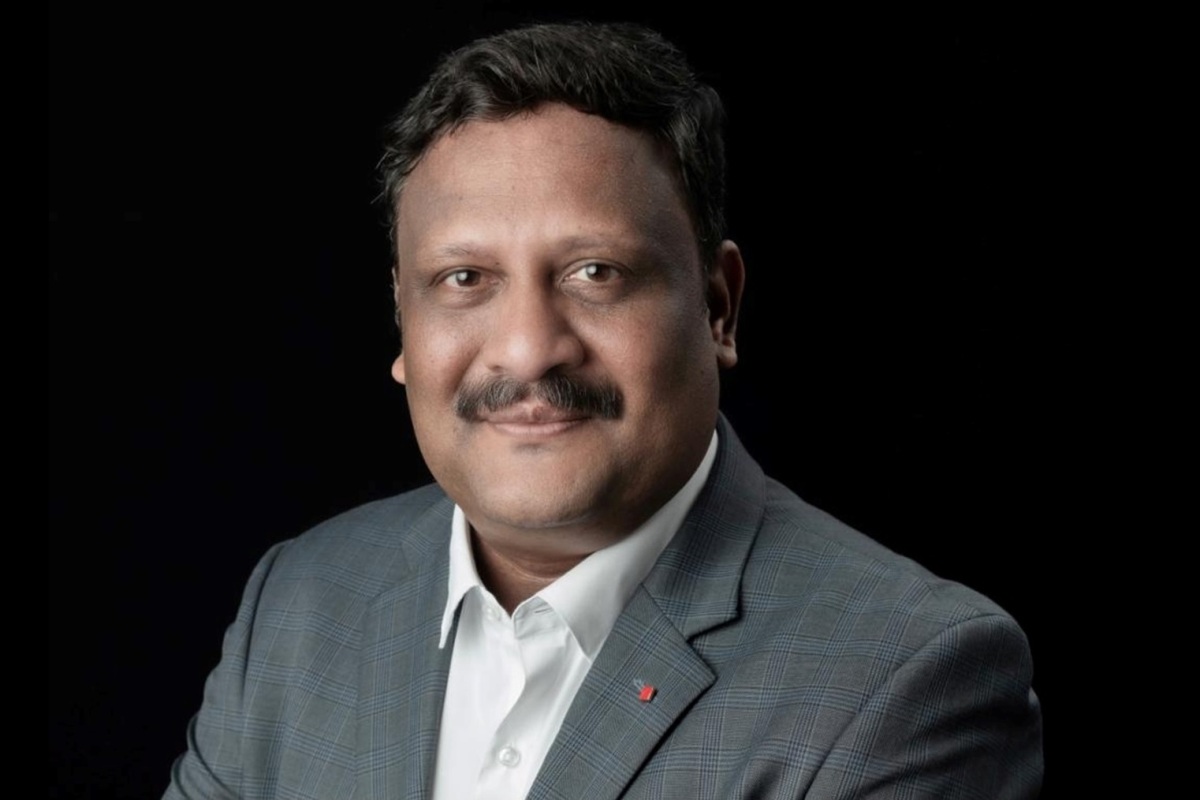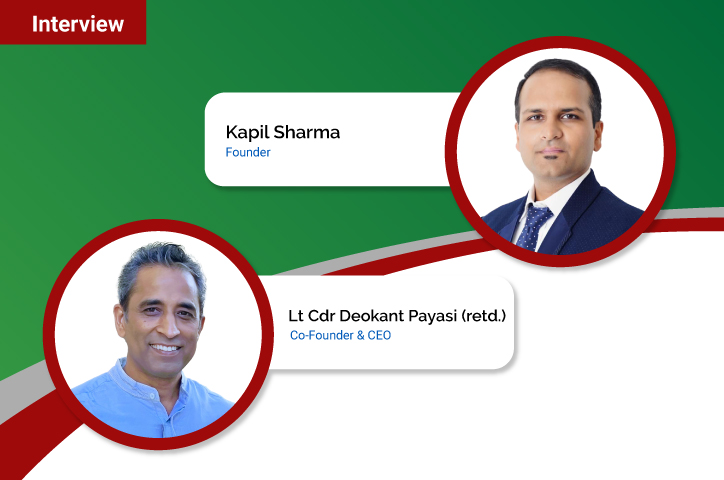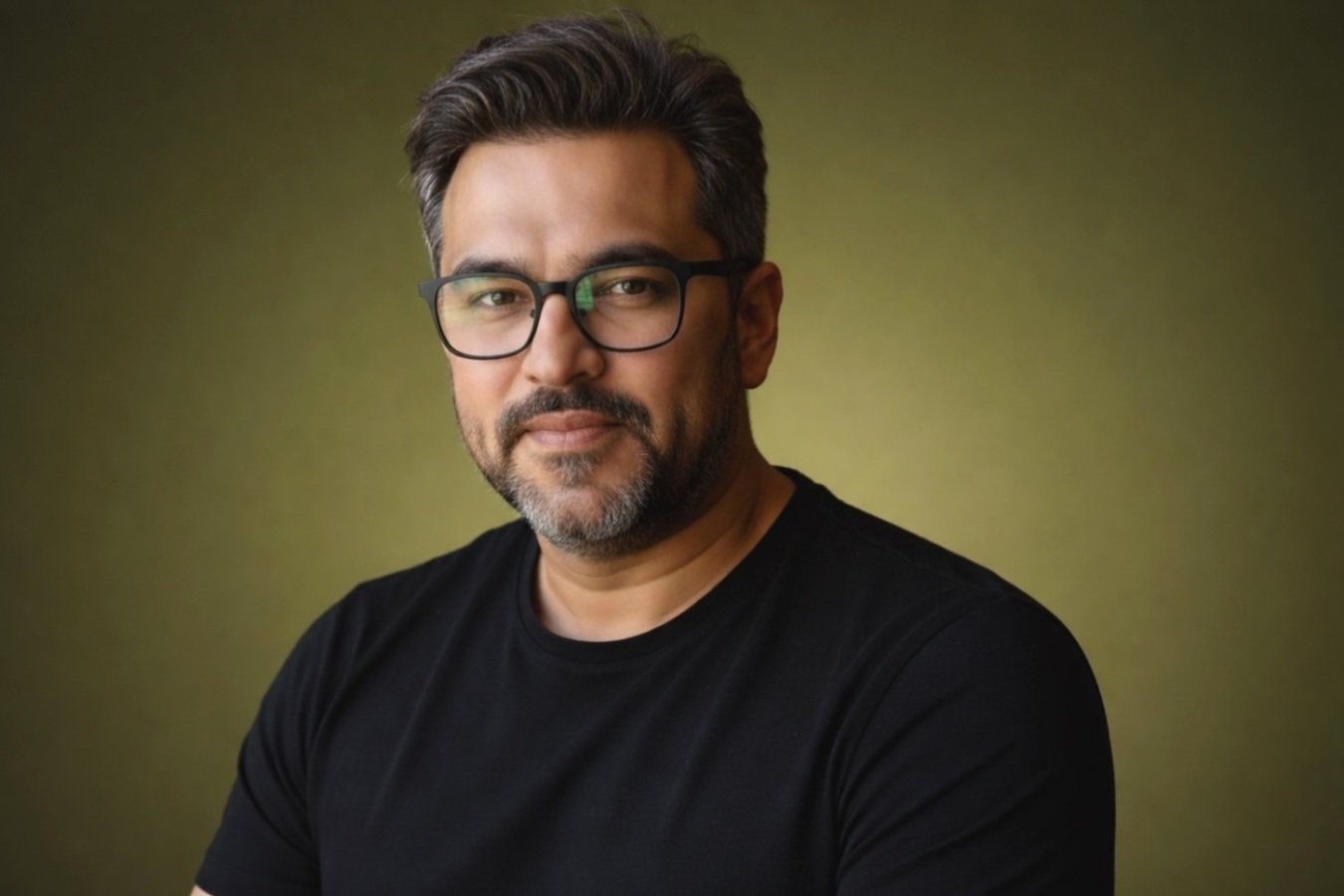Cancer screening in rural India remains a critical challenge, with limited access to healthcare facilities and widespread lack of awareness. Addressing this pressing need, CreditAccess India Foundation (CAIF), the CSR arm of CreditAccess Grameen Ltd., has partnered with Apollo Telemedicine Networking Foundation (ATNF) to bring life-saving cancer screening services to underserved communities in the Cuddalore district of Tamil Nadu.
In this exclusive interview with TheCSRUniverse, Mr. Satish Rao, Chief Operating Officer of CreditAccess India Foundation, sheds light on the vision and mission behind the foundation's social initiatives. He discusses how this collaboration integrates on-site medical care with teleconsultation to provide early detection and preventive services for oral, breast, cervical, lung, and esophageal cancers. He also highlights the challenges of implementing large-scale programs in rural areas, the foundation's strategic approach to overcoming these barriers, and the sustainable impact of combining financial inclusion with healthcare access.
This conversation explores the future of CreditAccess Grameen's social initiatives, offering insights into their efforts to create a lasting, transformative impact on rural communities across India:
Q. Could you share the overarching vision and mission behind CreditAccess Grameen’s and CreditAccess India Foundation's social initiatives? How do they align with your organizational goals and broader social responsibilities?
A. At CreditAccess Grameen Ltd. (CA Grameen) and CreditAccess India Foundation (CAIF), our overarching mission is to ensure financial inclusion and socio-economic development within rural women communities. Our vision is to be the preferred financial partner for underserved populations, providing them with affordable, customized, and sustainable financial solutions tailored to their evolving needs. Our social initiatives driven through the foundation are built around these core values and focus on addressing key areas of development, including healthcare, education, livelihood, rural public infrastructure, and disaster management. These initiatives are closely aligned with our organizational goals of empowering rural women and their families by integrating financial services with social development to create a lasting impact in the communities we serve.
Q. What led CreditAccess India Foundation to partner with Apollo Telemedicine Networking Foundation for this initiative? Could you outline the key objectives of this collaboration?
A. We chose to partner with Apollo Telemedicine Networking Foundation (ATNF) for their expertise in addressing critical healthcare gaps in underserved communities. The key objective of this collaboration is to leverage Apollo’s strengths in delivering high quality healthcare to the remote villages of the Cuddalore district in Tamil Nadu, with a focus on the early detection of cancer. This comprehensive program will offer screenings for five types of cancer—oral, breast, cervical, lung, and esophageal—ensuring timely diagnosis and intervention, while also promoting preventive healthcare measures to improve community health outcomes. The cost associated with this noble cause will be borne by the foundation.
Q. How will this partnership reach and effectively serve the rural communities of Cuddalore district?
A. The partnership aims to bridge the healthcare gap in rural Cuddalore district by combining on-site healthcare delivery with teleconsultations, creating a hybrid model that ensures accessibility and quality of care. On-site healthcare teams will visit villages to provide essential cancer screenings, health check-ups, preventive care, and health education. These visits are vital for early cancer detection and addressing immediate health concerns, ensuring timely diagnoses and better treatment outcomes. In addition, teleconsultation will enhance our reach by offering remote access to specialist consultations and continuous monitoring of chronic conditions, reducing the need for long travel to urban centres.
A key part of this model is community engagement; our NGO partner will collaborate with local leaders and volunteers to raise awareness about available services and encourage regular health check-ups. By integrating on-site and teleconsultation services, we aim to offer comprehensive, accessible, and high-quality healthcare to all residents of Cuddalore district.
Q. Screening over 11,000 beneficiaries is ambitious. Could you discuss any challenges or barriers you foresee in reaching this number and how you plan to address them?
A. It is indeed an ambitious target to screen over 11,000 beneficiaries, especially in rural areas where healthcare delivery faces several challenges. We recognise the barriers we must overcome, including geographical limitations, lack of awareness about the importance of cancer screenings, and limited access to healthcare professionals and diagnostic tools. Additionally, cultural beliefs and social stigmas surrounding cancer deter people from seeking screenings and preventive care.
To address these challenges, Apollo has developed a comprehensive strategy where our healthcare teams, equipped with diagnostic tools, will reach remote villages to provide essential screenings. Our NGO partner will lead extensive community outreach programs to raise awareness about the importance of cancer screenings and preventive healthcare. We will work closely with local leaders and volunteers to disseminate information and encourage participation, with camps also being promoted at CA Grameen centres through its field officers. Teleconsultation platforms will allow for remote specialist consultations, reducing the need for long-distance travel. Furthermore, given our rich on-field experience, our outreach programs are designed to respect local customs, build trust, and encourage participation in healthcare initiatives, ensuring that individuals feel comfortable accessing preventive care.
Q. The CreditAccess group has extensive experience serving underserved communities through microfinance. How does this expertise and infrastructure help in delivering healthcare and other social programs more effectively?
A. Our extensive experience in microfinance is pivotal in effectively delivering healthcare and social programs. Our deep-rooted relationships with underserved communities foster trust, which is essential for successful engagement and participation in new initiatives. Through our established last-mile infrastructure, including field officers and local branches, we can efficiently mobilize healthcare services to even the most remote areas. Additionally, our partnerships with reputable NGOs bring specialized expertise, resources, and local insights, further enhancing the reach and impact of our programs. By leveraging our trusted presence and operational efficiencies, we are well-equipped to address the health and social needs of underserved communities.
Q. In what ways do you believe that providing access to finance and healthcare services can create a sustainable impact on communities? How do you see these two areas of support complementing each other?
A. Providing access to finance and healthcare services creates a sustainable impact by empowering communities to improve their livelihoods and overall well-being. Financial support enables individuals to invest in income-generating activities, while healthcare services ensure physical and mental wellness, addressing critical health challenges. Together, these areas complement each other by fostering healthier, more resilient communities that can effectively utilise financial resources to enhance living standards. This holistic approach strengthens community resilience, promotes long-term socio-economic development, and contributes to sustainable growth.
Q. Social initiatives often require substantial funding and resources. How does CA Grameen ensure the financial sustainability of its social impact programs while maintaining its core microfinance operations? Is there a dedicated budget for healthcare initiatives within CAIF?
A. By integrating these programs into our overall operations, we can drive meaningful social change to the community we serve. CAIF initiates all its CSR efforts with a focused budget, which includes healthcare as well. This budget is part of our broader CSR strategy and is carefully managed to ensure that resources are used efficiently and effectively to maximise impact.
Q. In what ways have CA Grameen’s social initiatives, such as this healthcare program, impacted client loyalty and trust within the communities you serve? How do you engage communities and your partners to amplify your efforts for lasting impact?
A. At CA Grameen, our social initiatives, like the healthcare program reflect our deep commitment to the holistic development of the communities we serve. By addressing critical healthcare needs, offering cancer screenings and preventive care, we demonstrate that our care extends beyond financial support. This approach has fostered stronger client loyalty, mutual respect and trust, as communities see us as a partner who genuinely cares for their well-being. We engage with local leaders and partners to amplify our efforts, ensuring lasting impact and strengthening our relationships with those we serve.
Q. Could you please share a success story where your strategic and innovative approach not only overcame a challenging situation but also inspired you to rethink and enhance your approach?
A. One of our most inspiring success stories comes from a remote village in Jharkhand, where we faced challenges such as geographical isolation, limited healthcare infrastructure, and low community awareness about preventive healthcare. To overcome these, we deployed mobile health units equipped with diagnostic tools and staffed by trained healthcare professionals, bringing essential medical services directly to the village. A key moment was during a cancer screening camp, where we identified early-stage cancers and connected those diagnosed to nearby government healthcare centers for further treatment. This not only improved patient outcomes but also demonstrated the power of community engagement and mobile healthcare.
This success inspired us to rethink our approach and enhance our teleconsultation services. We were able to provide remote consultations with specialists, overcoming the shortage of healthcare professionals in rural areas. This innovative approach has allowed us to expand access to continuous care, ensuring sustainable health outcomes for the community.
Q. What are CAIF's future plans for expanding healthcare initiatives? Do you see the possibility of extending these services to other regions or adding new offerings in Cuddalore? How do you envision the evolution of CreditAccess Grameen’s social programs in the next five years?
A. At CAIF, our vision is to ensure every rural community has access to affordable, high-quality healthcare alongside financial services that enhance overall well-being. Our immediate focus is to expand healthcare initiatives beyond Cuddalore to other regions facing similar challenges. We plan to organize preventive healthcare programs, health awareness campaigns, and partner with local providers to offer affordable tailored services.















.jpg)



